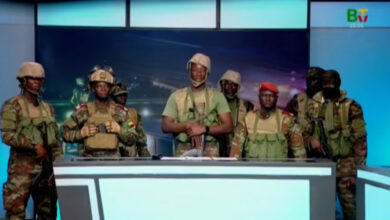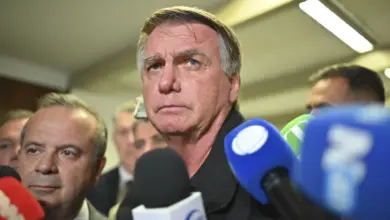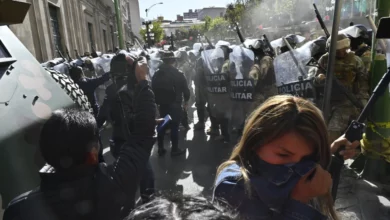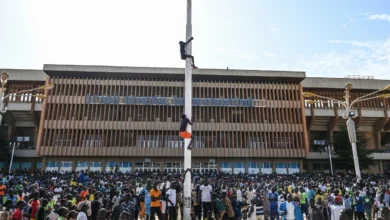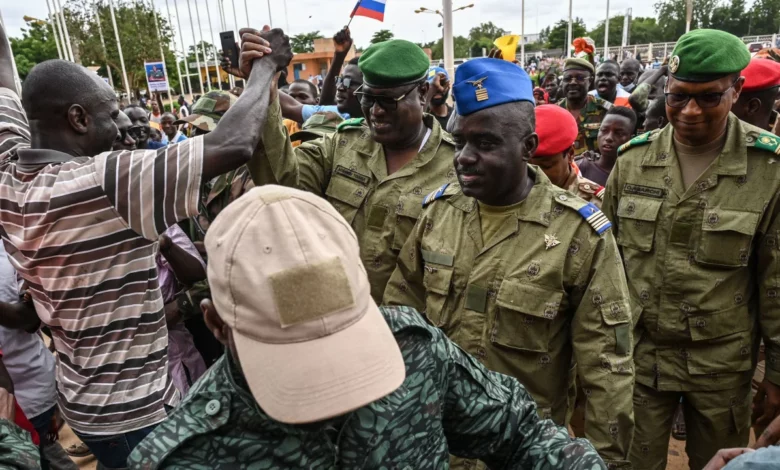
As that deadline expired, Niger’s airspace closed due to “the threat of intervention from neighboring countries,” according to a video statement by Nigerien coup leader Colonel Major Amadou Abdramane. The statement was played on state television Sunday.
The military coup in Niger was launched late July. President Mohamed Bazoum was seized by members of the presidential guard, national institutions were shut down and protesters from both sides eventually took to the streets, including thousands who support the military coup.
But outside Niger, the coup leaders’ actions were quickly condemned by the United States and some Western nations, as well as group of western African countries, which threatened force.
The Economic Community of West African States (ECOWAS), a regional bloc, warned that if the military junta does not stand down, it could face possible military intervention and gave coup leaders until Sunday to cede power.
Should the junta remain in charge, the group has said it would “take all measures necessary to restore constitutional order,” including using force.
The bloc also went further, imposing a travel ban and asset freeze for the military officials involved in the coup attempt, as well as for their family members and the civilians who accept to participate in any institutions or government established by the officials.
France and the European Union also cut off financial aid to Niger following the coup.
On Sunday afternoon, thousands rallied in Niamey, Niger’s capital, to show their support for the junta and to voice their opposition against the sanctions imposed by ECOWAS.
And the junta has also warned on state television that any military intervention would be met with “an immediate and unannounced response by Niger’s defense and security forces.”
Ahead of Sunday’s deadline, ECOWAS leaders met in Nigeria last week to organize a collective response to the coup and plan a potential military response, which the group has said is a last resort.
“All the elements that would go into any eventual intervention have been worked out here and [are] being refined, including the timing, including the resources needed, and including how and where and when we are going to deploy such a force,” said Abdel-Fatau Musah, ECOWAS commissioner for Political Affairs, Peace and Security.
CNN’s Stephanie Busari contributed to this report.

